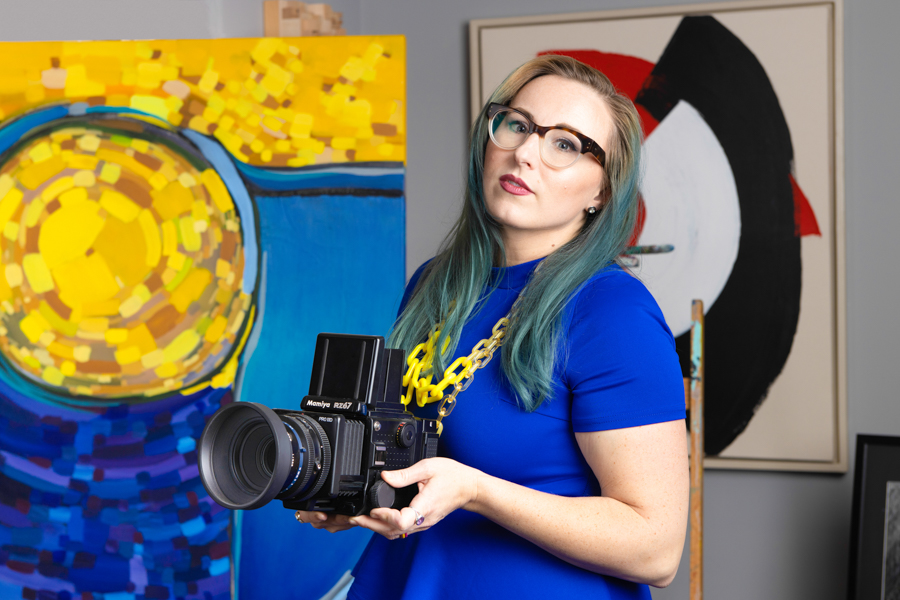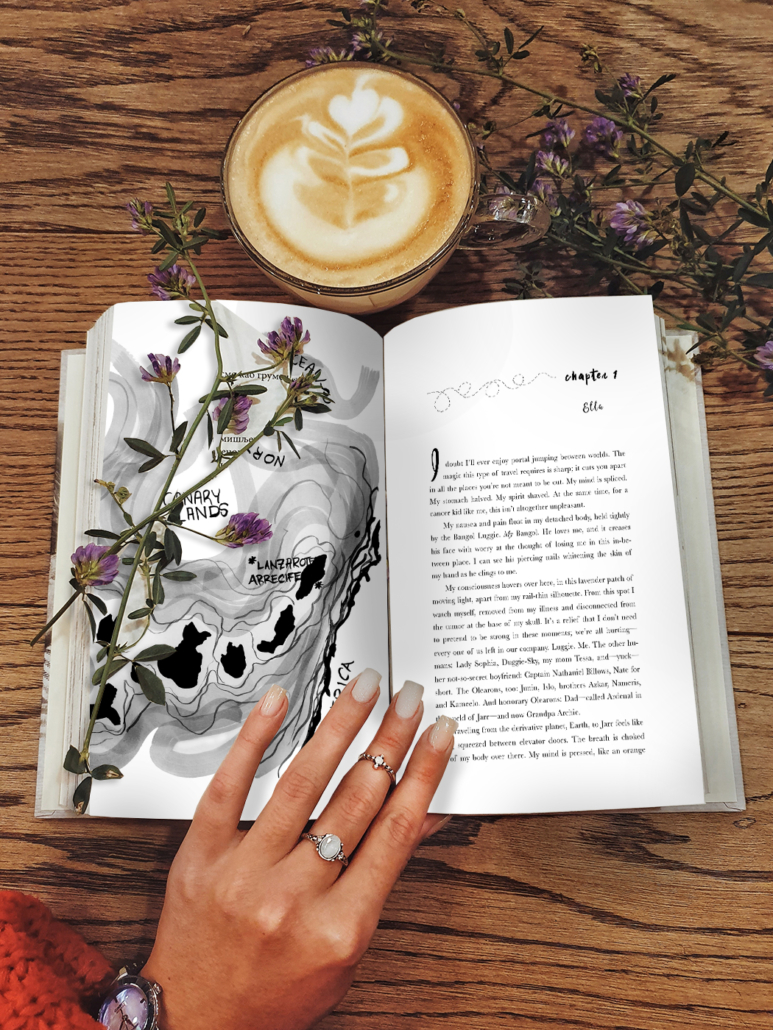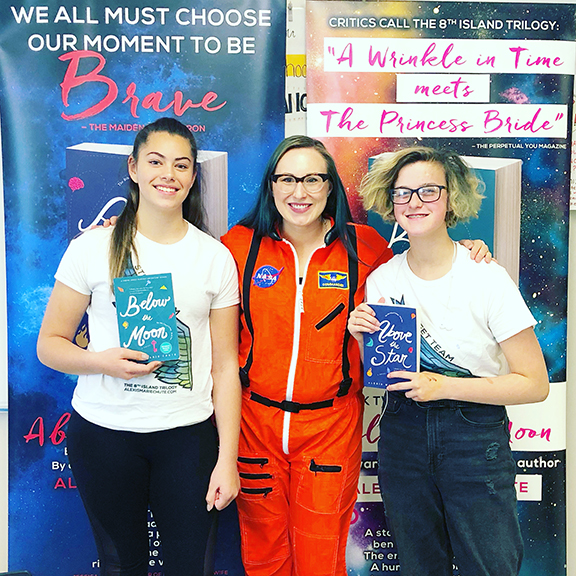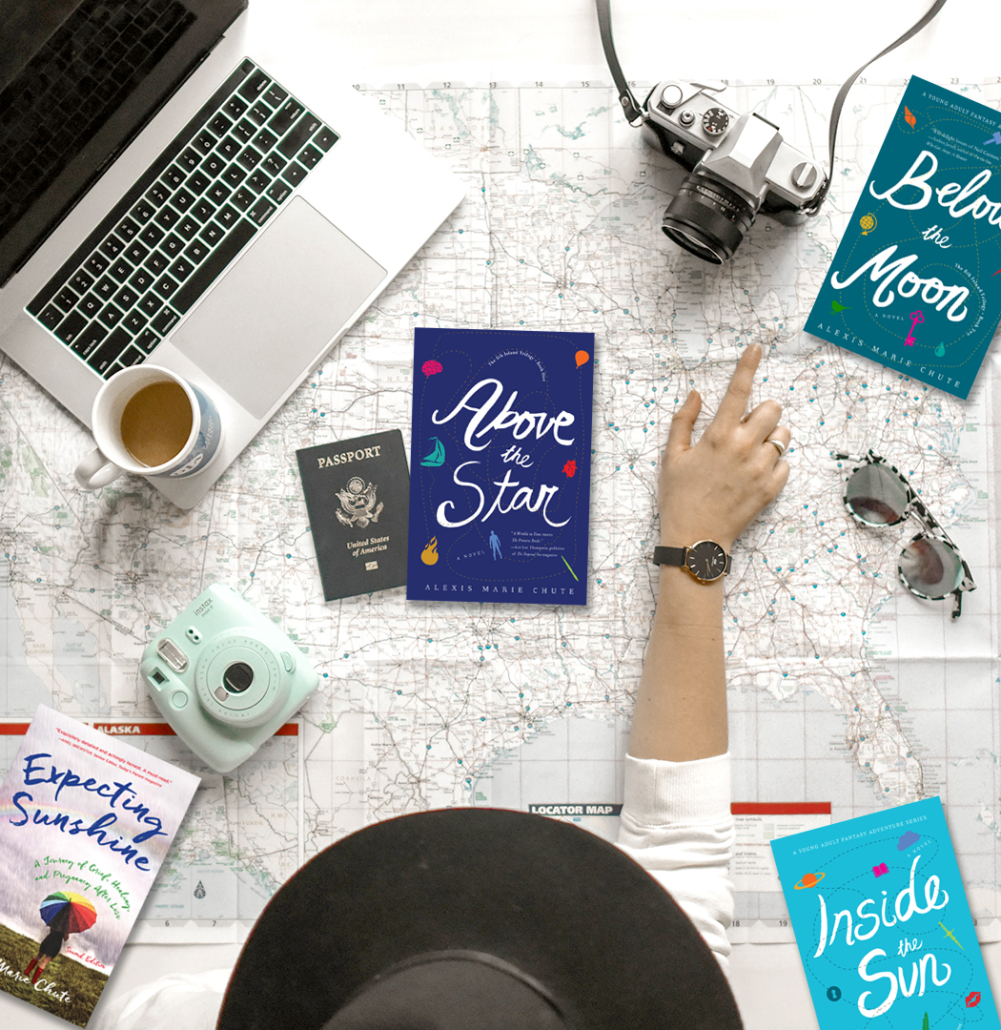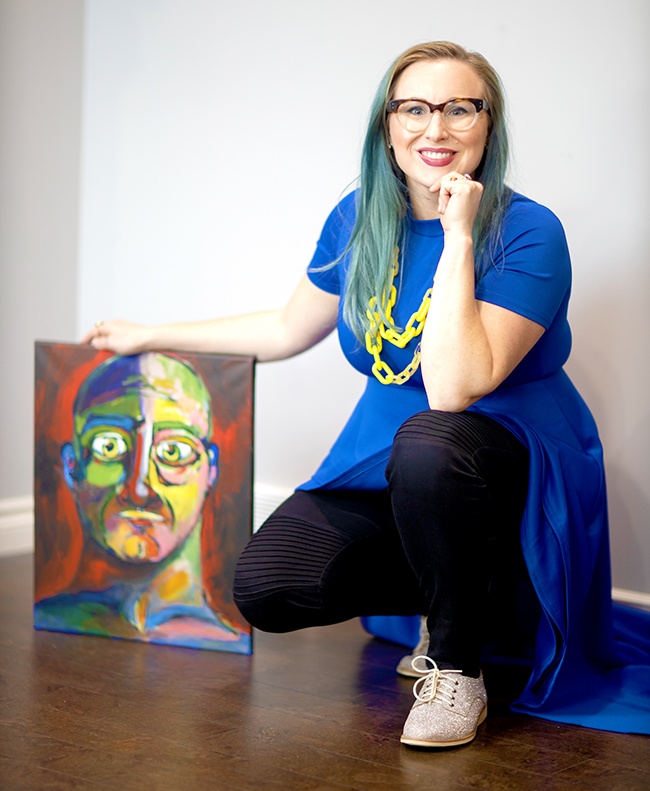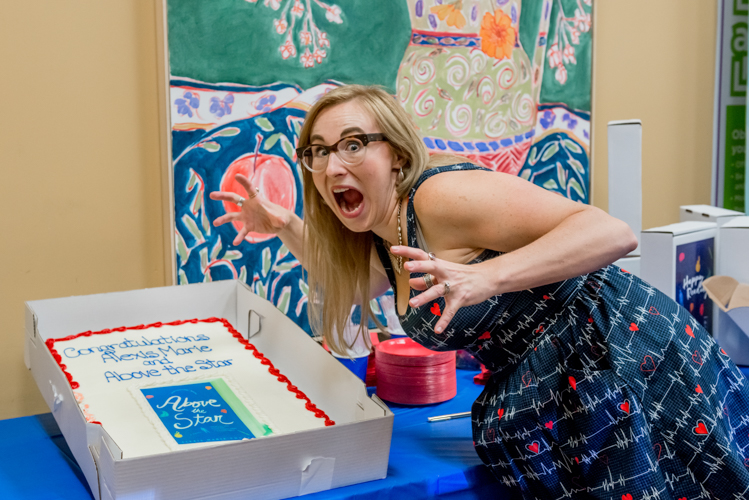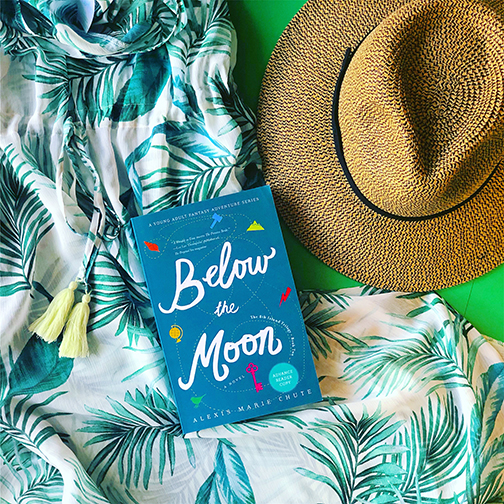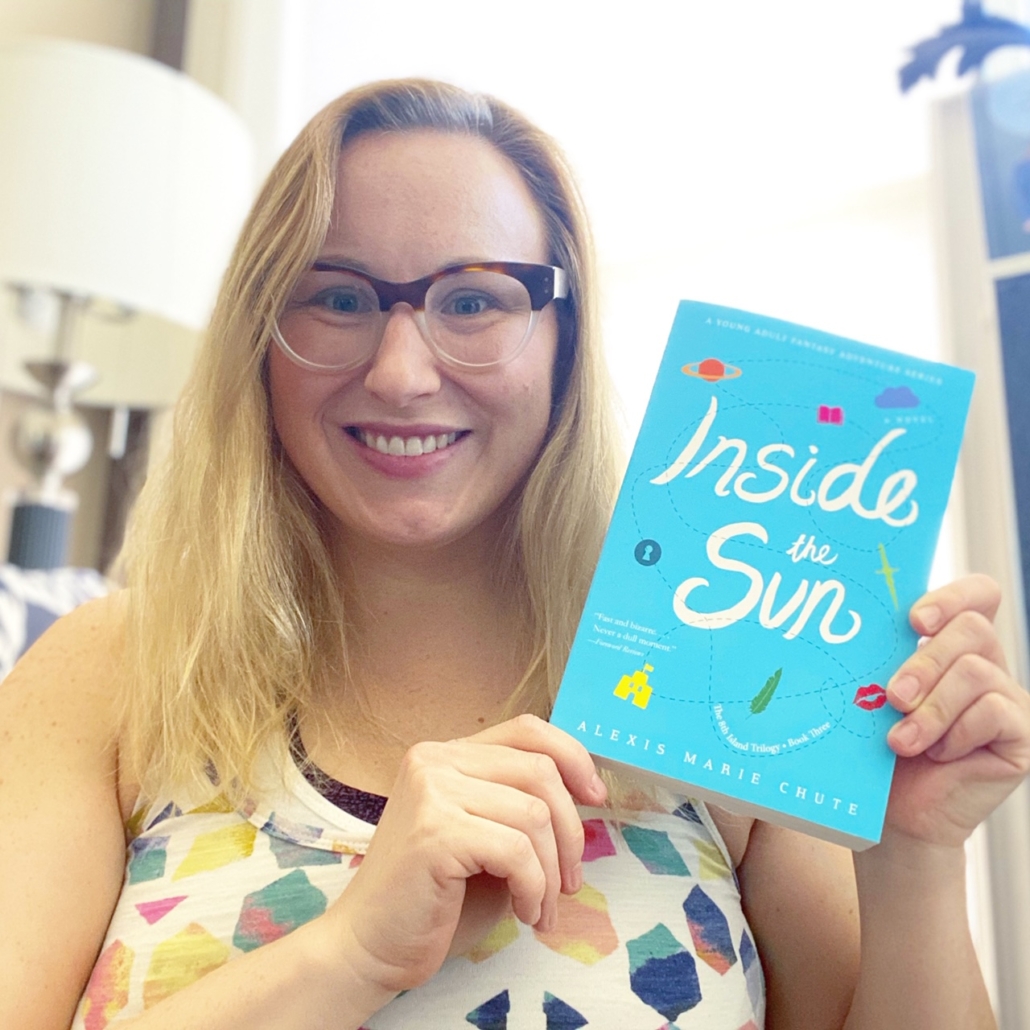The Editing Stage: A Necessary Torture
Do you love free writing? Do the ideas just flow out of you and you find you can write for hours? Are you a master at hammering out the first draft? Congratulations, your right brain is serving you well!
What about the very left-brain process of editing? Does that flow as freely for you?
If you’re like me, the draft stage is easier than what follows. At one time, I said I hated editing, that it was like torture – pulling teeth, a slap on a sunburn, slowly dripping water… Although, after very thoroughly editing my first memoir, I have come to appreciate editing in a new way.
I still see editing as a form of torture but also a process that makes my work stronger and more potent as a result – and it’s always worth the effort. Watching my manuscript evolve with each complete edit was like witnessing a child grow-up before my eyes. It turned out that editing was actually a very beautiful and sensitive stage of the writing.
During editing erroneous details are eliminated. Key themes are refined. Characters’ voices are made more authentic. Wordiness is exchanged for clarity… These are all positive qualities we want from our work – but they must be earned.
I’m still figuring out my editing style. I tend to have an epiphany of what needs improvement and then do a full run through of the manuscript focusing on that one element. It is a labour intensive process and sometimes I wonder if I have memorized my sentences. Usually at that point I need a pair of fresh eyes to look at my work, if not just a good night’s sleep to reset my brain.
How do you edit your work? Do you jump in like you do at the drafting stage or do you need a deadline to get focused?
I welcome you to share your reflections on the torturous and yet necessary stage of editing. I’d especially like to hear from those that love refining their work and what words of encouragement they may have for the rest of us.
Happy writing!
















